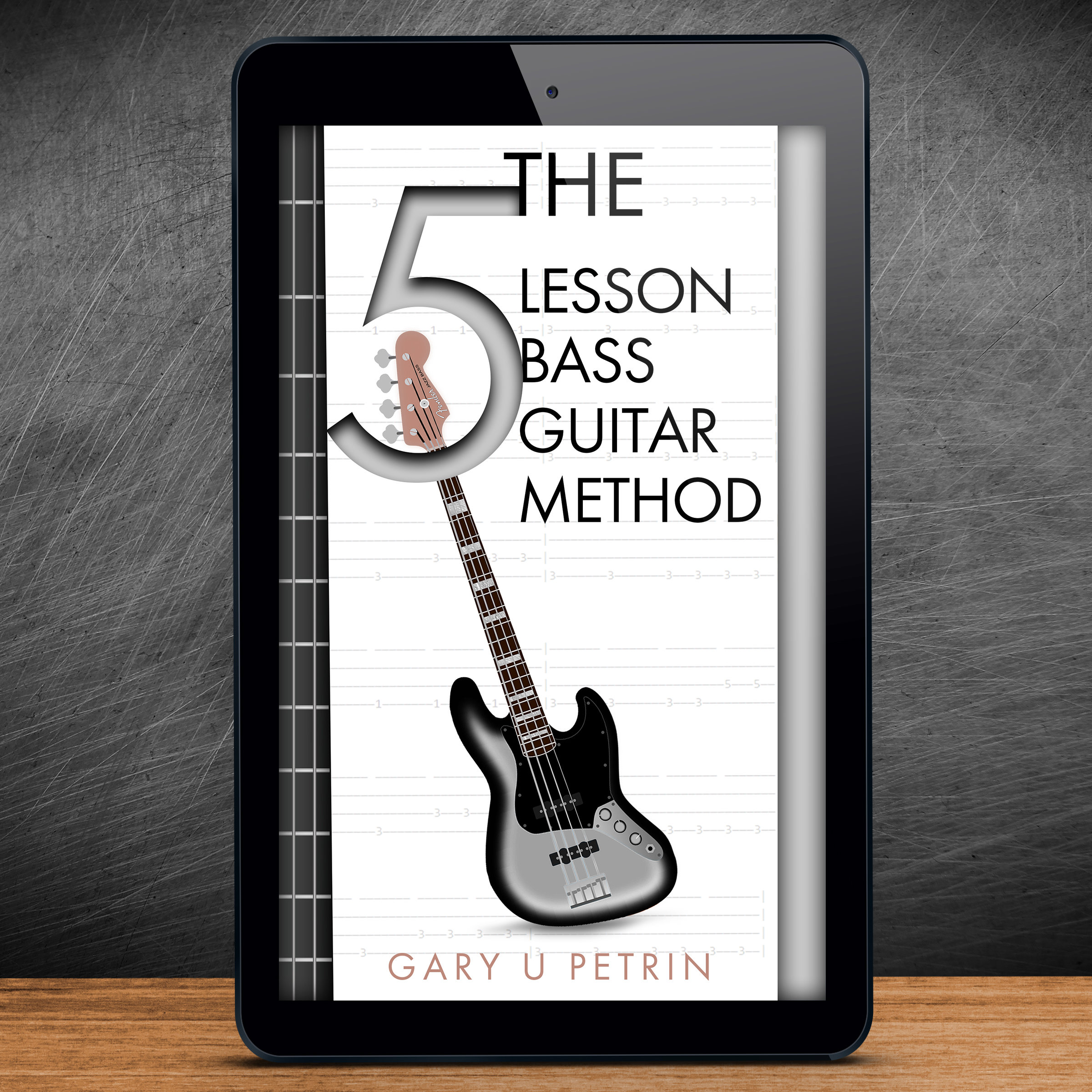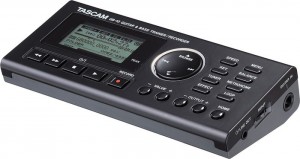Playing Bass Guitar
Playing bass guitar requires some determination and effort if you want to improve your skills. Here are some important practice tips, and basic information to help guide you through the process of playing bass guitar.
1. Practice Plan
If you are serious about learning the bass guitar, and beginner bass lessons – you must design a practice plan that you will be able to stick to. Don’t plan to practice 4 hours a day if there’s no way you can stick to the plan (be realistic). Make sure that you understand that the more time you put into practicing, the more you will see results. If you don’t practice on a consistent basis – you will not improve your skills as fast. You must practice correctly – this means that you must practice using correct techniques, fundamentals, and always stay focused! The more time you put in to practice, and practicing correctly will get you faster results.
I hear this question all the time – “I practice 3 hours a day, but it’s like I’m not making any progress.” Why? It depends. Are you practicing without any type of plan? What are your goals? Are you trying to go too fast – when you can’t even do the skill slow?
Example: Bass player #1 practices only 45 minutes per day, but uses technique, works on the fundamentals, and is totally focused on practicing to improve. Bass player #2 practices for over 2 hours a day, but doesn’t work on fundamentals or techniques – he/she just jams and tries to figure out songs, no structure to the practice, etc.
I would bet that Bass player #1 will show the most improvement.
How long should you practice?
The very least you should practice is 30 minutes a day – 5 days a week to get any results. In my opinion, the perfect practice session would last about 2-3 hours a day – 5 days a week (or more) for any serious players that want to see results fast.
How much should you practice?
There’s only one answer to this question – It just depends on what you want to do, and how far you want to go with the bass? Just want just play for the fun of it – 30 minutes a day is fine. If you want to play in a band – 2 hours will get you there. So you want to be a superstar – you will have to eat / sleep / shower, etc with your bass (6-10 hours per day), make it part of you!
Progress / Practice Tracking Form
One of the best Bass Guitar Practice Tips to teach with beginner bass lessons is to use this form to track your progress, how much you actually practice, etc. Sometimes it’s cool to see your hard work on paper so you can measure how much you practice vs. how much you are improving…Check it out!
Check out this Handout – Progress/Tracking log – Handout!
Fingertips – What do I do when they start hurting?
In the very beginning (the first month or so) your fingertips are going to hurt. The calluses on the tips of your fingers will start to harden over time. This is a good thing. There is a limit to playing with pain – if you go too far, your fingertips could open up and it could take a while to heal them. Don’t play until you bleed – this will not be beneficial at this stage of your learning process. Your fingertips will start to peel (this is normal), but try not to pull the excess skin off (this could cause problems also). It will hurt your fingertips in the beginning stages of playing bass guitar, but don’t overdo it – You may have to rest your fingers for a few days (take the time to allow your fingertips to heal and harden). This will get better over time…
Convenience
What do I mean by convenience? I have my portable practice rig set up next to my chair in my den (where I spend most of my time at home). If I feel like practicing, it’s ready to go! I don’t have to go find cables or CD’s or whatever, it’s all set up and ready to go. Since it’s very convenient, I find time to practice more and more. I can practice while everyone else is watching TV without bothering them. It’s convenient, I am very busy, I find more time to practice because my portable rig is right there, ready to go…
2. The Basics / Fundamentals
It’s great to learn songs, pieces of songs, popular bass lines, etc. But without spending time on the fundamentals that’s all you will ever be able to do – just play pieces of songs, etc. I cannot stress how important it is to learn the basic fundamentals! Make this a priority when you practice playing bass guitar. In the long run, learning and understanding the fundamentals will make you a better player… Another great bass guitar practice tips is to design your practice to include learning the fundamentals and learning songs (a good mixture that will keep things interesting).
3. Work on Timing
Bass players must learn to play in time. Playing along with a metronome or songs is a good way to develop a sense of timing. A bass player’s job (along with the drummer) is to keep the timing, the rhythm, etc.
4. Reading Music / Teachers
It is highly recommended that all Bass players learn to read music. Why? Bass players will be playing notes 98% of the time, they need to know which notes and when to play them, they need to know about keys, key signatures, chord progressions, etc. Reading music will take a bass player to a different level and fairly quickly. There are more successful bassists that have learned to read music than bassists who are self taught…think about it. Reading tab only shows you the notes that are played in a particular song. This is great for learning songs. Learning to read music will teach you why these notes are used in the song and why.
Teachers / Lessons
If you are a beginner, I would suggest that you get a teacher for the first 4 months you are playing. After that, you really need to only see a teacher once in a while. It is not necessary to take lessons all year around, take a few lessons here and there just to identify areas where you need to improve playing bass guitar and get some feedback on your playing.
5. More Bass Guitar Practice Tips / Suggestions
a) Tune your bass before every practice session.
b) Practice every day that you can – stick to your practice plan!
c) Identify your distractions (such as the TV, Internet, Cell phones, etc) and find a way to work around them.
d) Practice correctly, practice with conviction (demand that you give it everything you have each time you practice).
e) Fundamentals – Learn the basics first (the sooner the better).
f) Keep it Interesting – learn songs as much as possible (but make sure you learn the correct notes, etc).
g) Practice / Jam with other musicians as much as you can (this is fun, but very important).
h) Identify areas that you need to improve, work harder to improve…
i) You can’t do it Fast, if you can’t do it Slow! Start slow, speed will come with lots of practice.
j) Song List – Keep a list of songs that you’ve learned (write them down in a notebook, etc).
Check out this handout of practice tips / suggestions – Handout!
6. Practice Gear / Trainers, Etc
There is a lot of practice gear and trainers out there that can help bass players improve their playing skills. Here is just one of many shown below:
Tascam GB-10 Portable MP3 Bass Guitar Trainer
Load a tune, slow it down, add a track. Based on its acclaimed line of instrument trainers, TASCAM’s GB-10 is the ultimate tool for guitar and bass players to learn and record new music. Load up the SD card with your MP3 collection, then loop and slow down licks without changing the pitch. Plug into the 1/4″ input to play along through amp modeling, reverb and other effects. The GB-10 even records your music with an overdub mode to build up arrangements. The GB-10 includes a 2GB SD card for loading in your music collection. Variable Speed Audition allows musicians to independently change the speed and pitch of MP3 or WAV playback. The tabletop design is perfect for practicing and playing bass guitar almost anywhere. A tuner and metronome are also built-in for precision playback, and a footswitch input allows hands-free control. The TASCAM GB-10 is the ideal practice tool for musicians of any skill level (even those taking beginner bass lessons) to build their technique playing bass guitar.


